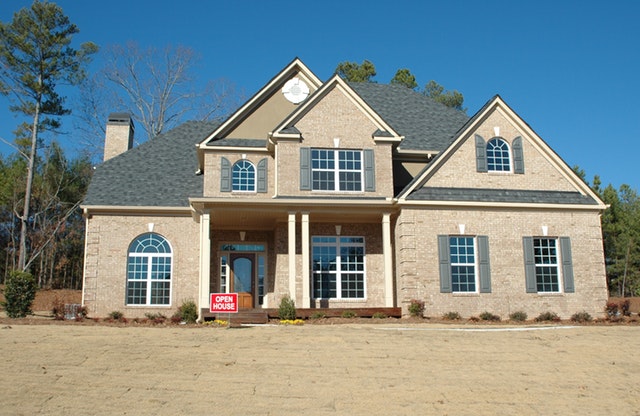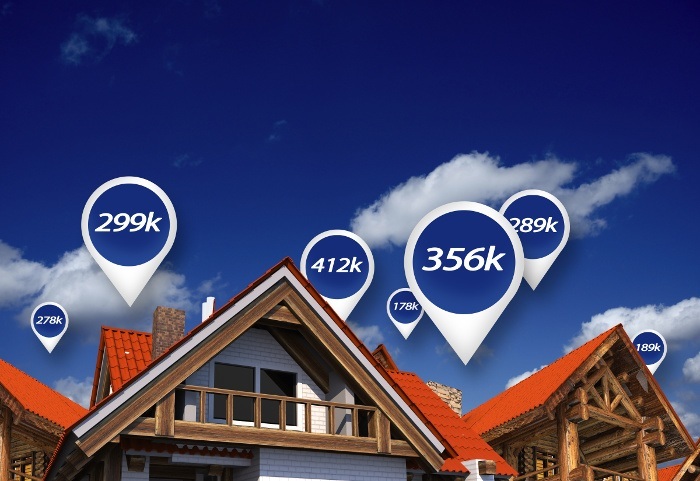Case-Shiller: Home Price Growth Holds Steady In April
 Case-Shiller’s National Home Price Index showed little change in April as home prices rose by 0.10 percent to a year-over-year average of 4.70 percent. The 20-City Home Price Index showed corresponding home price growth of 0.10 percent to 4.00 percent year-over-year.
Case-Shiller’s National Home Price Index showed little change in April as home prices rose by 0.10 percent to a year-over-year average of 4.70 percent. The 20-City Home Price Index showed corresponding home price growth of 0.10 percent to 4.00 percent year-over-year.
Ongoing influences on home price growth before the coronavirus pandemic included short supplies of available homes coupled with high demand for homes and low mortgage rates. While closures and shelter-at-home restrictions in many markets slowed buyer and seller activity, real estate analysts said that home-buyer desiring to buy larger homes to accommodate working at home helped maintain home prices. Homeowners relocating to less congested areas also helped with stabilizing home-price growth in April.
Case-Shiller 20-City Index: Home-Price Growth Rates Increases in 12 Cities
The three top cities in April’s 20-City Home Price Index were Phoneix, Arizona with a year-over-year home price growth rate of 8.80 percent; Seattle, Washington reported 7.30 percent yearly growth in home prices. Minneapolis, Minnesota reported home-price growth of 6.40 percent.
Home price growth rates increased in 12 of 19 cities reported. Detroit Michigan did not report to the 20-City Index for the second consecutive month. The coronavirus pandemic continued to grow and spread throughout the U.S during May; some states that opened their economies quickly are now reconsidering as Covid-19 cases rise at faster rates. Changing data and emerging responses to the spreading virus are expected to impact home price growth in the coming months according to whether the coronavirus spreads or diminishes.
FHFA Home Price Index: Home Prices Increase Despite Coronavirus Pandemic
The Federal Housing Finance Agency, which oversees Fannie Mae and Freddie Mac, reported 5.50 percent home price growth year-over-year in April compared to the March reading of 5.90 percent year-over-year growth. FHFA expects home prices to continue rising as real estate markets return to normal. With spring and early summer home sales impacted by coronavirus-related restrictions, Lynn Fisher, deputy director of research and statistics for FHFA, expected sales to pick up during the summer months.
As coronavirus infection rates increase, further restrictions and closings are anticipated and could negatively impact real estate markets and home prices soon.

 Many people rely on the price they paid for their home as a starting point for selling, but with the ever-shifting tides of the real estate market, the price paid is not always the best metric to go by. If you’re putting your home up for sale and are looking for the ideal price point, here are some ways you can arrive at a number that will keep potential buyers interested.
Many people rely on the price they paid for their home as a starting point for selling, but with the ever-shifting tides of the real estate market, the price paid is not always the best metric to go by. If you’re putting your home up for sale and are looking for the ideal price point, here are some ways you can arrive at a number that will keep potential buyers interested.